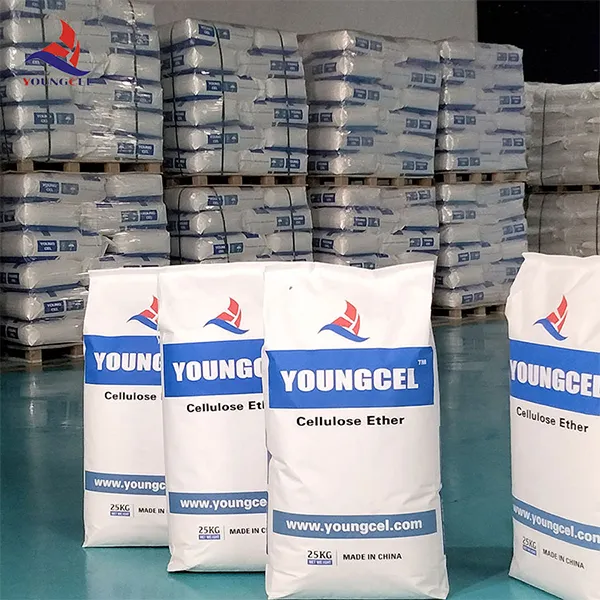Industrial Grade HPMC An Overview
Hydroxypropyl Methylcellulose (HPMC) is a versatile cellulose ether widely used across various industries due to its excellent properties and performance. It serves as a key ingredient in numerous applications, including construction, pharmaceuticals, food production, and personal care products. Among the various grades of HPMC available, industrial-grade HPMC is notable for its specific characteristics that make it suitable for more demanding applications.
Properties of Industrial-Grade HPMC
Industrial-grade HPMC possesses unique properties that contribute to its effectiveness in various applications. One of its most significant features is its thickening and binding abilities. When added to water, HPMC forms a viscous gel, which enhances the texture and stability of products. This characteristic is particularly beneficial in construction materials like cement and plaster, where it improves workability and water retention.
Another notable property of HPMC is its adhesion and film-forming capabilities. This aspect is crucial in applications such as tile adhesives and coatings, where strong bonding is required. The formation of a continuous film ensures effective coverage and protection, thereby enhancing the durability of the final product. Furthermore, industrial-grade HPMC is known for its excellent solubility in water, even at varying temperatures, making it incredibly versatile for different formulations.
Applications of Industrial-Grade HPMC
industrial grade hpmc

1. Construction Industry In construction applications, industrial-grade HPMC is an integral component of mortars, plaster, and tile adhesives. It contributes to improved workability, allowing for easier application and spreading. Additionally, it helps retain moisture, which is crucial for curing processes, ensuring that the materials set properly and achieve desired strength.
2. Pharmaceuticals HPMC is widely utilized in the pharmaceutical industry due to its role as a binder and coating agent in drug formulations. It aids in the controlled release of active ingredients, enhancing the effectiveness and safety of medications. Industrial-grade HPMC is particularly favored for its purity and consistency, which are essential for pharmaceutical applications.
3. Food Industry In the food sector, industrial-grade HPMC is used as a stabilizer, thickener, and emulsifier. It helps in maintaining texture and consistency in various food products, including sauces and dressings. Its non-toxic nature and safety profile make it ideal for food applications, meeting regulatory standards.
4. Personal Care Products HPMC finds application in the formulation of personal care products such as lotions, creams, and shampoos. Its thickening and emulsifying properties contribute to the stability and sensory feel of cosmetic products, enhancing user experience.
Conclusion
Industrial-grade HPMC is a remarkable compound with a broad spectrum of applications across various industries. Its unique properties, including thickening, binding, adhesion, and film-forming capabilities, make it an indispensable ingredient in construction materials, pharmaceuticals, food products, and personal care items. As industries continue to innovate and seek high-performance materials, the demand for industrial-grade HPMC is expected to grow, paving the way for advancements in formulation technologies and product effectiveness. With its proven benefits and versatility, industrial-grade HPMC remains a cornerstone of modern industrial applications.






